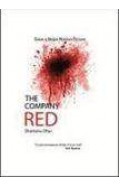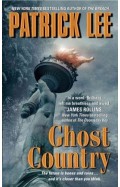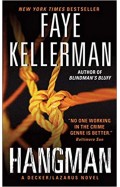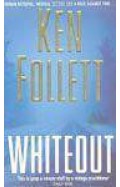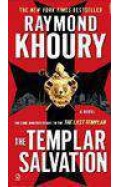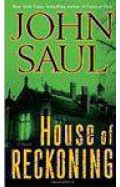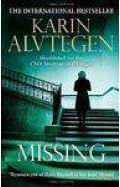Victor Horta - The Architect of Art Nouveau
By: David Dernie
-
Rs 18,795.00
Due to constant currency fluctuation, prices are subject to change with or without notice.
Victor Horta: The Architect of Art Nouveau has been prepared in close collaboration with the Horta Museum, Brussels, ensuring that it is both accurate and up to date. It will appeal to anyone interested in Art Nouveau, one of the great aesthetic movements of the early 20th century. Its richly ornamental style of fluid lines based on natural forms expressed a desire to abandon the historical styles of the 19th century and to develop a language that was beautifully crafted and thoroughly contemporary, laying the foundations for the development of modernism in architecture and interior design.
Victor Horta: The Architect of Art Nouveau has been prepared in close collaboration with the Horta Museum, Brussels, ensuring that it is both accurate and up to date. It will appeal to anyone interested in Art Nouveau, one of the great aesthetic movements of the early 20th century. Its richly ornamental style of fluid lines based on natural forms expressed a desire to abandon the historical styles of the 19th century and to develop a language that was beautifully crafted and thoroughly contemporary, laying the foundations for the development of modernism in architecture and interior design.
Zubin Mehta: A Musical Journey (An Authorized Biography)
By: VOID - Bakhtiar K. Dadabhoy
Rs 840.00 Rs 1,050.00 Ex Tax :Rs 840.00
No similar books from this author available at the moment.
No recently viewed books available at the moment.
Zubin Mehta: A Musical Journey (An Authorized Biography)
By: VOID - Bakhtiar K. Dadabhoy
Rs 840.00 Rs 1,050.00 Ex Tax :Rs 840.00












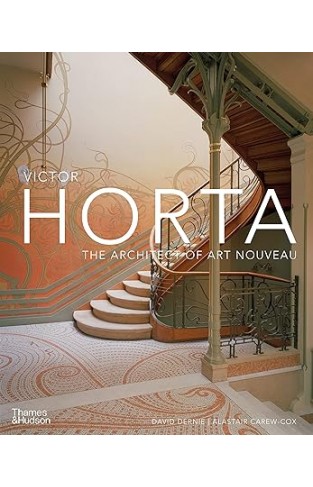
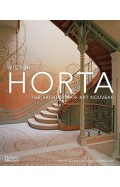
-120x187.jpg?q6)





